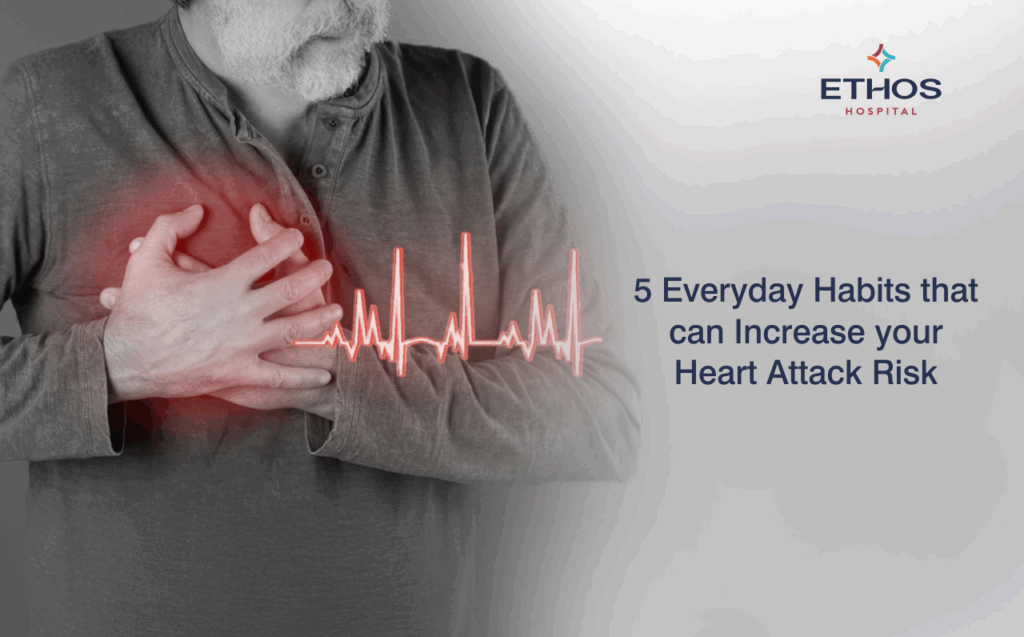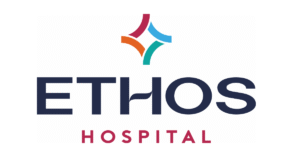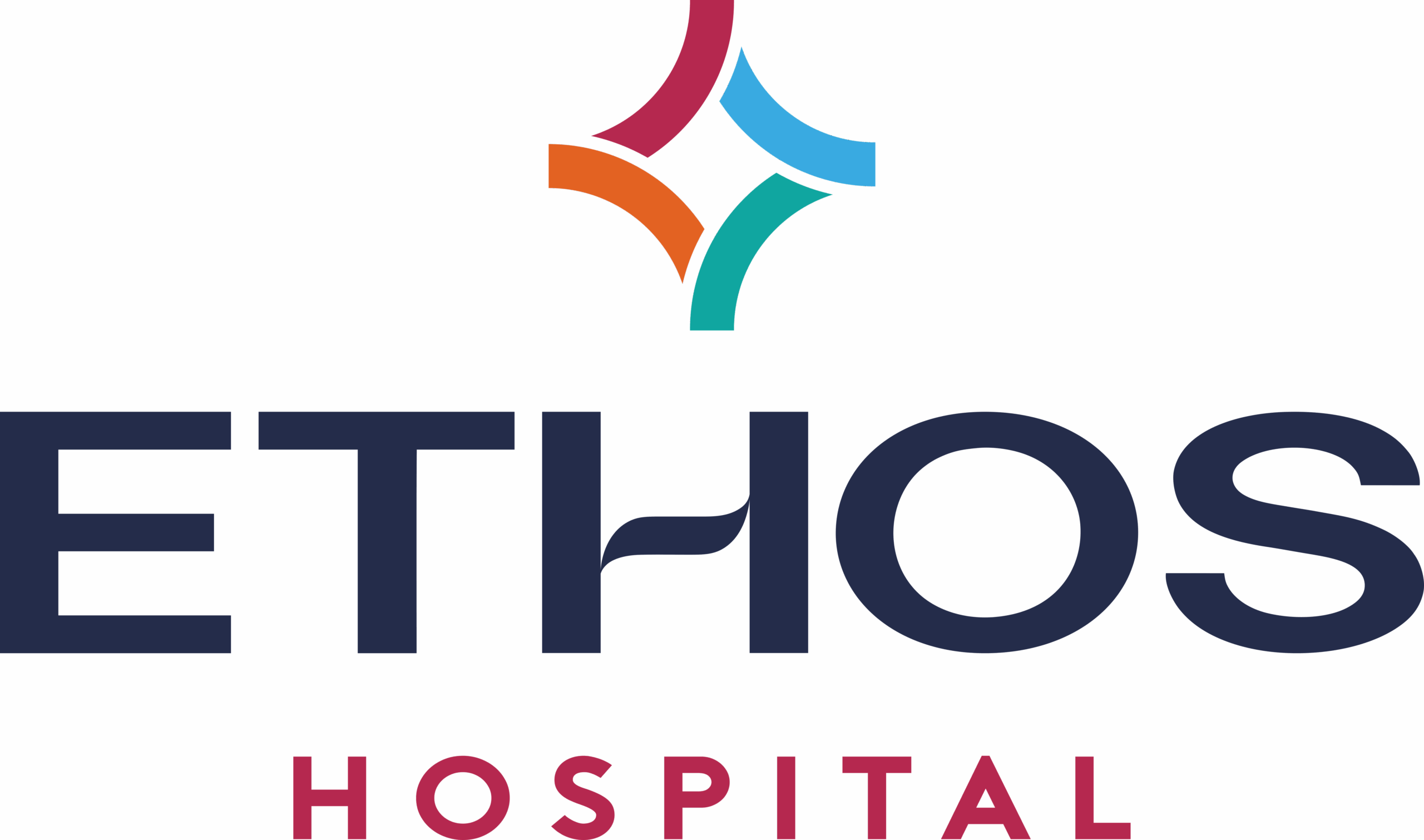Heart attack occurs when the blood flow to a part of the heart is blocked commonly by a blood clot. This blockage can damage or destroy a part of the heart muscle. While some risk factors like genetics, age, chronic conditions are responsible for heart attack, at times, it is directly influenced by our daily routines and our lifestyle choices. Let’s delve into five common habits that might be silently increasing your heart attack risk.

The Sedentary Trap: Sitting for Long Hours
Prolonged sitting, be it for work or entertainment, is a major culprit. Studies show that extended inactivity slows down your metabolism, affects blood circulation, and increases cholesterol levels and blood pressure. A sedentary lifestyle contributes to obesity, high blood pressure, high cholesterol, and diabetes – all significant risk factors for cardiovascular disease. Even regular exercise cannot fully undo the harm of excessive sitting.
Informative Tip: Even short bursts of activity, like taking the stairs instead of the elevator or a brisk 10-minute walk during your lunch break, can make a difference. Break up long periods of sitting by standing, stretching, or walking around every 30-60 minutes.

Dietary Downfall: Overconsumption of Processed Foods
Many processed foods – like instant noodles, packaged snacks, and ready-to-eat meals—are typically laden with unhealthy fats (trans and saturated), excessive sodium, trans fats, and added sugars. Regular intake leads to high cholesterol, inflammation, weight gain and high blood pressure, all of which strain your cardiovascular system.
Informative Tip: Focus on a diet rich in whole, unprocessed foods. Prioritize fruits, vegetables, whole grains, lean proteins, and healthy fats. Aim for colourful plates, indicating a wide range of nutrients. Reading food labels carefully can help you identify hidden sugars, unhealthy fats, and excessive sodium.

Sleep Deprivation: The Hidden Strain
In our hectic lifestyle, sleep often takes a backseat. However, chronic sleep deprivation (consistently getting less than 7-8 hours of quality sleep) can significantly impact your heart health. Did you know that lack of sleep is linked to higher blood pressure, increased inflammation, and a greater risk of developing obesity and diabetes – all contributing factors to heart disease.
Informative Tip: Prioritize sleep by establishing a consistent sleep schedule, even on weekends. Create a relaxing bedtime routine, ensure your bedroom is dark, quiet, and cool, and avoid caffeine and heavy meals close to bedtime. If you suspect you have a sleep disorder like sleep apnea, consult a doctor at Ethos Hospital for diagnosis and treatment.

Dietary Downfall: Overconsumption of Processed Foods
Chronic stress isn’t just a mental burden; it has profound physical effects on your body, including your heart. When you’re stressed, your body releases hormones like adrenaline and cortisol, which can temporarily increase blood pressure and heart rate. Over time, chronic stress can contribute to inflammation, damage to artery walls, and unhealthy coping mechanisms like overeating or smoking, further escalating heart attack risk.
Informative Tip: Incorporate stress-management techniques into your daily routine. This could include meditation, yoga, deep breathing exercises, spending time in nature, pursuing hobbies, or connecting with loved ones. If stress feels overwhelming, don’t hesitate to seek professional help from our leading therapist or counsellor at Ethos Hospital.

Active & Passive Smoking: Damaging Arteries
Perhaps one of the most well-known yet persistently prevalent habits is smoking (both active and passive) and, increasingly, vaping. Also, don’t underestimate the risks of occasional smoking or second-hand smoke exposure. Smoking delivers harmful chemicals into your bloodstream, directly damaging blood vessels, leading to plaque buildup (atherosclerosis), and increasing blood pressure. Tobacco damages the lining of your arteries, reduces oxygen in your blood, and makes your heart work harder. Did you know that even occasional exposure increases the likelihood of clot formation and heart attacks?
Informative Tip: Quitting smoking or vaping is arguably the single most impactful step you can take to reduce your heart attack risk. Ethos Hospital offers resources and support programs to help you on your quitting journey. Remember, it’s never too late to quit, and the benefits to your heart health begin almost immediately.

Final Thoughts
Making small, consistent changes to these everyday habits can lead to significant improvements in your cardiovascular health and substantially reduce your risk of a heart attack. At Ethos Hospital, our cardiac specialists encourage regular check-ups, heart screenings, and personalised lifestyle advice for a healthier tomorrow. For consultations or preventive care, visit our renowned Cardiologists at Ethos Hospital.




